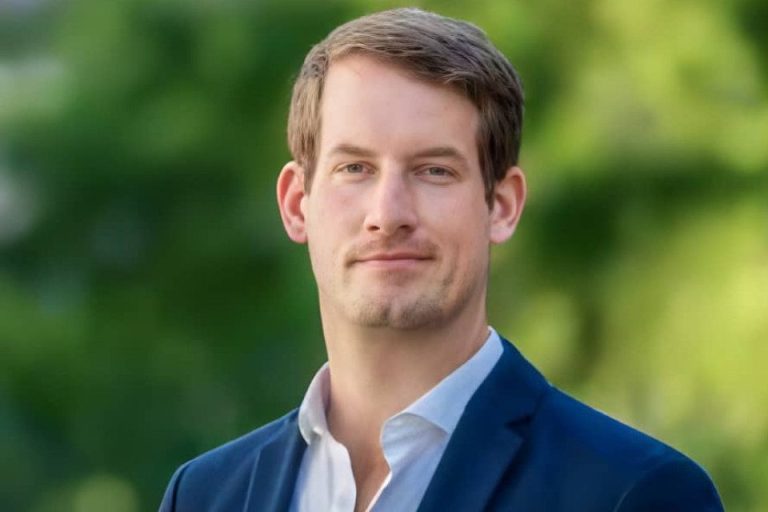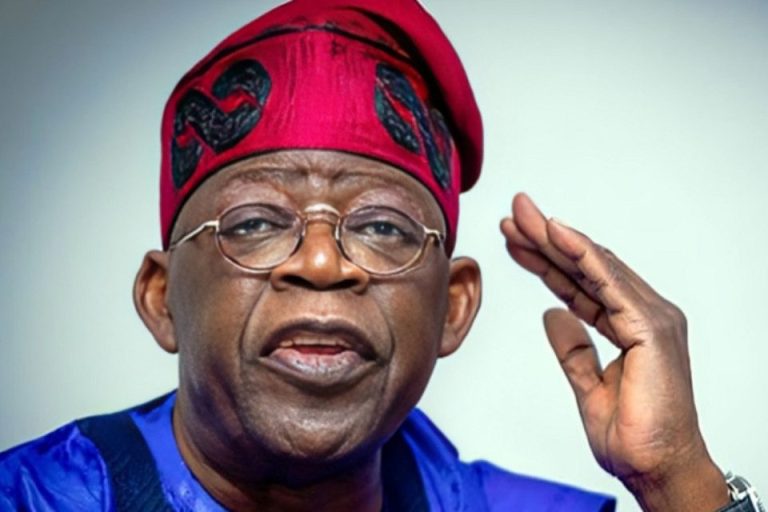
Mr. David Kaye,
United Nations (UN) Special Rapporteur on the promotion and protection of the right to freedom of opinion and expression
The United Nations (UN) Special Rapporteur on the promotion and protection of the right to freedom of opinion and expression, Mr. David Kaye, has expressed serious concerns on the rate at which states are denying the public internet and communication access. He called on the Council and States to draw the connections between privacy interference and freedom of expression and urged companies to seek to prevent or mitigate the adverse human rights impacts of their involvement to the maximum extent allowed by law, whenever being pressured by State actors to do otherwise.
In a recent report, (A/HRC/35/22), presented to the Human Rights Council (HRC) in Geneva the Special Rapporteur noted that urgent action is needed to safeguard people’s online rights in the face of unprecedented and worsening State clampdowns. “States are denying internet and telecommunications access in blunt and unprecedented ways,” Mr. Kaye said.
He noted with concern that countries are shutting down – or demanding that third parties shut down – internet services, including in times of public protest and mass dissent. He added that many governments are demanding that service providers retain and share user data while still others are rolling back much-needed protections for net neutrality.
Mr. Kaye pointed that “… State censorship and surveillance targeting the foundations of the internet and telecommunications infrastructure often have a crippling effect on everyone’s right to seek, receive and impart information”.
According to the Special Rapporteur, governments are increasingly relying on telecommunications companies, internet service providers, and other parties to suppress and monitor expression online, pointing out that the industry is contributing its own accord to restricting freedom of expression, for example by interfering with net neutrality among others.
Mr. Kanye also noted that private sector firms are critical to the future of freedom of expression, as providers of internet and telecommunications access to hundreds of millions of people worldwide. He however added that “Whether under protest, in silent acquiescence, or as willing participants, the private sector has often facilitated some of the most troubling trends in online censorship and surveillance.”
He called on governments and companies to act now to tackle major threats such as the deliberate shutdown of internet access, censorship and data collection. He also cautioned that “States must take steps to resist requests or demands that lead to unlawful, unnecessary, or disproportionate interference with digital access.”
Among other recommendations to address an increasingly hostile environment for individual users and groups, the report outlines a series of steps that the digital access industry can take to identify, prevent, and mitigate risks to freedom of expression and related human rights.
Mr. Kaye said: “As suppliers of a service which should be provided for the public good, digital access firms have a special responsibility to safeguard the freedom of expression of millions of internet users worldwide. Basic steps such as due diligence, responsible design choices and transparency go a long way in protecting the rights and safety of users.”
The report can be accessed online at: (Please create a link to the report on www.mediarighsagenda.org)




